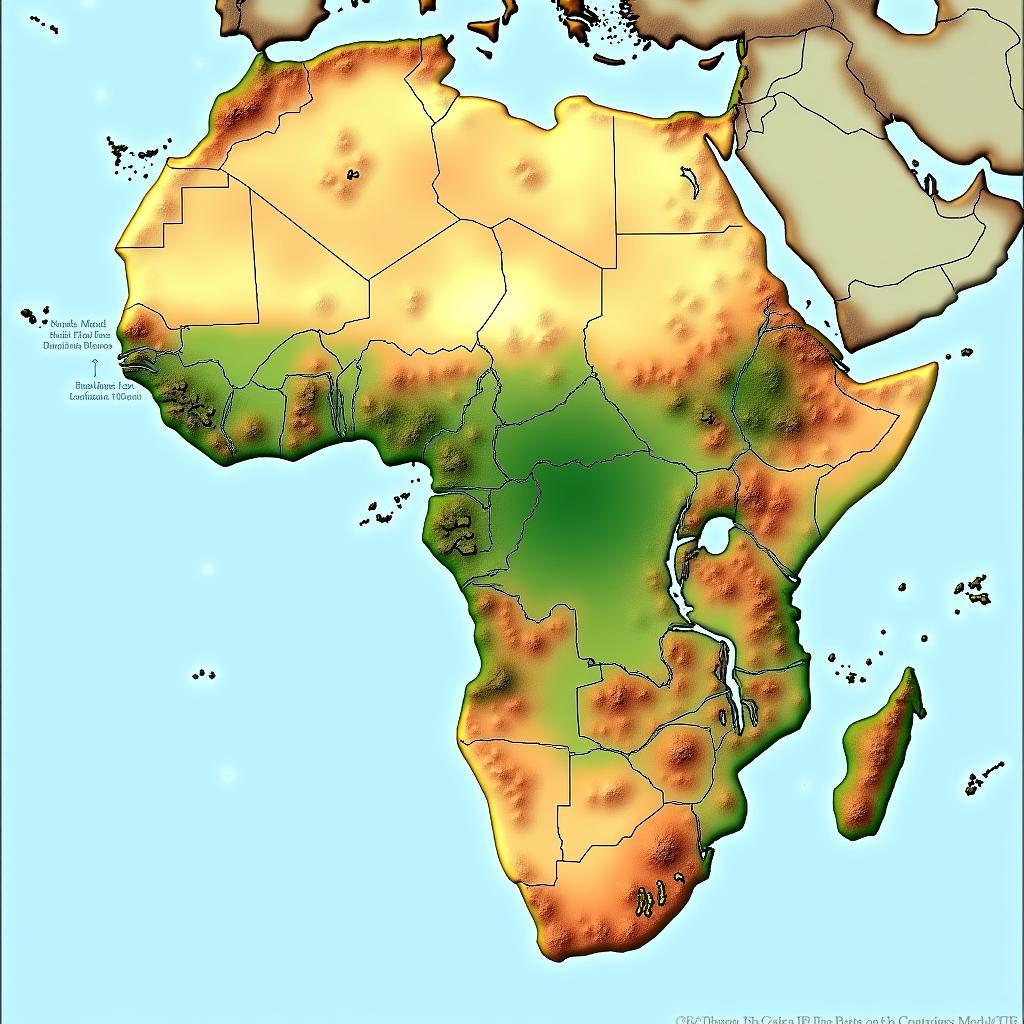African Asylum Seekers in Europe: A Complex and Challenging Situation
The journey of African asylum seekers to Europe is fraught with challenges, driven by a combination of factors such as poverty, conflict, and persecution. Many face dangerous and arduous journeys, encountering human trafficking, exploitation, and discrimination along the way. This complex issue demands a nuanced understanding of the motivations behind migration, the challenges faced by asylum seekers, and the need for humanitarian and ethical responses from European nations.
Why Do Africans Seek Asylum in Europe?
There are numerous reasons why individuals from Africa choose to seek asylum in Europe. These reasons are often intertwined and complex:
- Political Instability and Conflict: Many flee countries plagued by civil wars, political oppression, or armed conflict. The ongoing conflicts in countries like Somalia, Syria, and the Democratic Republic of Congo have forced millions to seek refuge elsewhere.
- Persecution and Discrimination: Individuals who face persecution based on their race, religion, sexual orientation, or political beliefs often seek asylum to escape violence, imprisonment, or other forms of abuse.
- Economic Hardship and Poverty: Poverty and lack of opportunities can be significant drivers of migration. Many Africans seek a better life in Europe, hoping to find employment, education, and a chance to provide for their families.
- Climate Change and Environmental Degradation: The effects of climate change, such as droughts, floods, and desertification, are increasingly pushing people from their homes in Africa. Seeking asylum in Europe can be seen as a last resort for survival.
The Challenges Faced by Asylum Seekers
The journey of African asylum seekers to Europe is often perilous and fraught with challenges:
- Dangerous Journeys: The routes taken by asylum seekers are often dangerous and unpredictable. They may face violence, kidnapping, and exploitation by smugglers.
- Lack of Legal Protection: Many asylum seekers lack legal documentation, which can make it difficult to claim asylum or access essential services.
- Discrimination and Xenophobia: Asylum seekers often face prejudice and discrimination in their host countries. Xenophobia and negative stereotypes can contribute to social isolation and difficulty integrating into society.
- Limited Access to Resources: Asylum seekers often face challenges in accessing healthcare, education, housing, and other essential services.
The Need for Humane and Ethical Responses
The situation of African Asylum Seekers In Europe presents a significant challenge to the international community. It requires a multifaceted approach based on empathy, justice, and practical solutions.
- Addressing the Root Causes: Tackling the root causes of migration, such as poverty, conflict, and discrimination, is crucial. This involves investing in development projects, promoting peace and stability, and upholding human rights.
- Safe and Legal Pathways: Providing safe and legal pathways for asylum seekers, such as family reunification programs and humanitarian visas, can reduce the need for dangerous journeys.
- Improving Reception Conditions: Ensuring adequate reception conditions for asylum seekers is essential, including access to food, shelter, healthcare, and legal support.
- Promoting Integration and Inclusion: Fostering social integration and inclusion can help asylum seekers feel welcome and build new lives in their host countries.
The Role of European Nations
European nations have a responsibility to provide safe haven and protection to those seeking asylum. They should uphold the principles of international law and human rights, ensuring that all asylum seekers are treated with dignity and respect.
- Fair and Efficient Asylum Procedures: Asylum seekers should have access to fair and efficient asylum procedures that are free from bias and discrimination.
- Effective Support and Protection: European nations should provide adequate support and protection to asylum seekers, including access to healthcare, education, employment, and social services.
- Cooperation and Solidarity: Collaboration among European nations is vital to share the responsibility of managing migration flows and protecting asylum seekers.
The Future of African Asylum Seekers in Europe
The situation of African asylum seekers in Europe is likely to remain a complex issue in the years to come. Addressing this challenge requires a commitment to human rights, empathy, and ethical approaches that prioritize the well-being of all individuals.
“The humanitarian crisis of asylum seekers in Europe is a complex issue with no easy solutions. We must work together to address the root causes of migration and ensure that all those fleeing conflict and persecution are treated with compassion and dignity.” – Dr. Anya Petrova, International Refugee Law Expert
Frequently Asked Questions
Q: What are the main reasons why African asylum seekers choose to go to Europe?
A: Africans seek asylum in Europe due to a combination of factors, including political instability, conflict, persecution, economic hardship, and environmental degradation.
Q: What are the challenges faced by African asylum seekers in Europe?
A: Asylum seekers face challenges like dangerous journeys, lack of legal protection, discrimination, and limited access to resources.
Q: What are the solutions to the challenges faced by African asylum seekers?
A: Solutions include addressing root causes of migration, providing safe and legal pathways, improving reception conditions, and promoting integration and inclusion.
Q: What is the role of European nations in dealing with the asylum seeker situation?
A: European nations should provide safe haven and protection to asylum seekers, uphold international law and human rights, and ensure fair and efficient asylum procedures.
Q: What is the future of African asylum seekers in Europe?
A: The situation is likely to remain complex and require sustained effort to address the challenges and ensure the well-being of asylum seekers.

